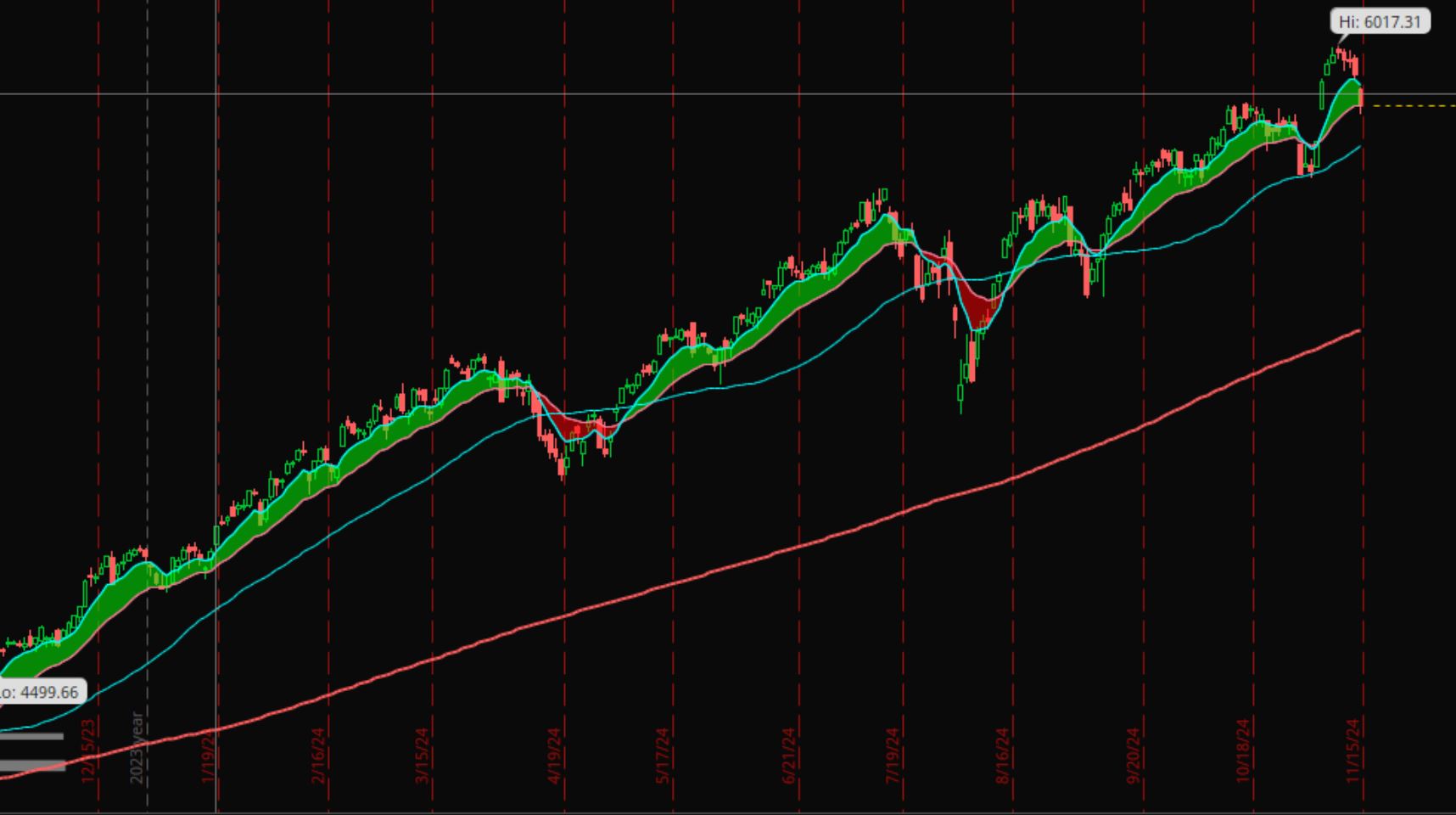Investing in US stocks from Cambodia is possible and can be highly profitable if done correctly. Since Cambodia does not tax capital gains, investors can maximize their returns by minimizing fees. This guide will walk you through the exact steps to start investing and explain how Cambodian investors can have an advantage over US investors.
Step 1: Open a US Dollar Bank Account in Cambodia
To invest in US stocks, you first need a bank account that holds US dollars. Many banks in Cambodia offer this option, and it will allow you to transfer money internationally to your brokerage account.
Step 2: Build an Emergency Fund
Before investing, make sure you have an emergency fund. Aim for at least 3-6 months’ worth of living expenses in either Cambodian riel or US dollars. This ensures that if something unexpected happens, you won’t be forced to sell your investments at a bad time.
Step 3: Save Money Regularly for Investing
Start saving money in your US dollar bank account in Cambodia. It’s important to wait until you have at least $2,000-5,000 before transferring funds to your brokerage account. This reduces transfer fees as a percentage of your investment.
Step 4: Open a US Brokerage Account
To buy stocks, you need a brokerage account. At the time of this writing, the only options is Interactive Brokers (IBKR) because it allows international investors. You can apply for an account here:
Interactive Brokers Application
Step 5: Transfer Your Savings to Your Brokerage Account
Once you’ve saved at least $5,000, for example, transfer it from your Cambodian bank to your brokerage account. Be aware that this transfer costs at least $30.
- If you transfer only $1,000, the fee alone would take 3% of your capital—too high.
- If you transfer $2,000, the fee drops to 1.5%—better.
- If you transfer $5,000, the fee drops to 0.6%—much better.
- If you transfer $10,000, the fee is just 0.3%, making it even more efficient.
Step 6: Start Investing Wisely
Once your funds arrive, you can start investing. There are two main approaches:
1. Dollar-Cost Averaging (DCA) – Not Ideal for IBKR PRO
DCA means investing a fixed amount at regular intervals, such as $5 every month, no matter the stock price. However, IBKR PRO charges $1 per trade, making small purchases inefficient:
- $5 investment → $1 fee (20%) → Very expensive
- $100 investment → $1 fee (1%) → Still costly
- $1,000 investment → $1 fee (0.1%) → Much better
2. Strategic Buying – The Best Approach
A better strategy is to wait for a good price and buy in larger amounts, according to your diversification plan. This reduces trading fees and allows you to buy when stocks are undervalued.
Who Has the Advantage? Cambodia vs. the US
Many investors wonder whether people in Cambodia or the US have the advantage when it comes to investing in US stocks. Here’s a direct comparison:
| Factor | Cambodia (No Capital Gains Tax) | US (With Tax) |
|---|---|---|
| Capital Gains Tax | 0% 🎉 | 15%-37% 😬 |
| Dividend Tax | 30% (US withholding tax) 😬 | 15%-37% 😬 |
| Transfer Fees | 1% or less (if optimized) | 0% (direct deposit) |
| Trading Fees | $1 per trade (IBKR PRO fixed fee) | $0 (many brokers offer free trading) |
| Net Gains | Higher if fees are minimized | Lower due to taxes |
Conclusion: Cambodia Wins for Capital Gains, But Not for Dividends
Even though US investors don’t pay transfer fees or trading fees, they lose a large percentage of their profits to taxes.
✔ Cambodian investors can keep 100% of their capital gains if they minimize fees by transferring at least $5,000 at a time and investing in chunks of $1,000 or more.
✔ However, Cambodian investors must pay a 30% dividend tax, making dividend investing less attractive. It is better to focus on growth stocks rather than dividend stocks to maximize returns.
By following this guide, investors in Cambodia can build wealth efficiently while keeping costs low. Start planning today and take full advantage of your tax-free investment environment! 🚀💰
Disclaimer: We are not tax attorneys, and this guide does not constitute legal or tax advice. Tax laws may change, and individual situations vary. Please consult a professional tax advisor for personalized guidance.












Leave a Reply to Virak Cancel reply